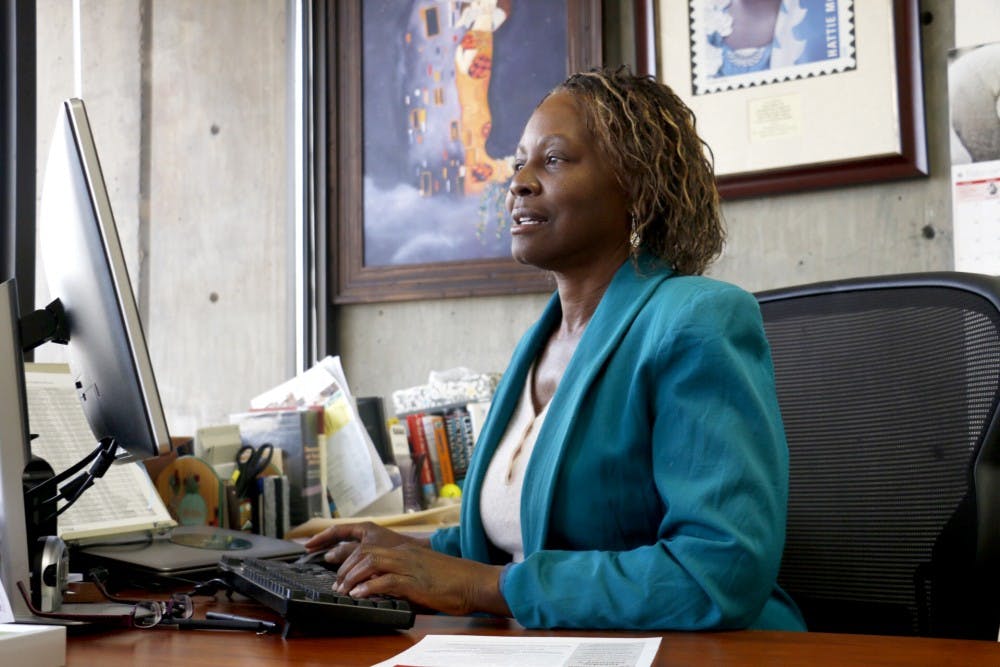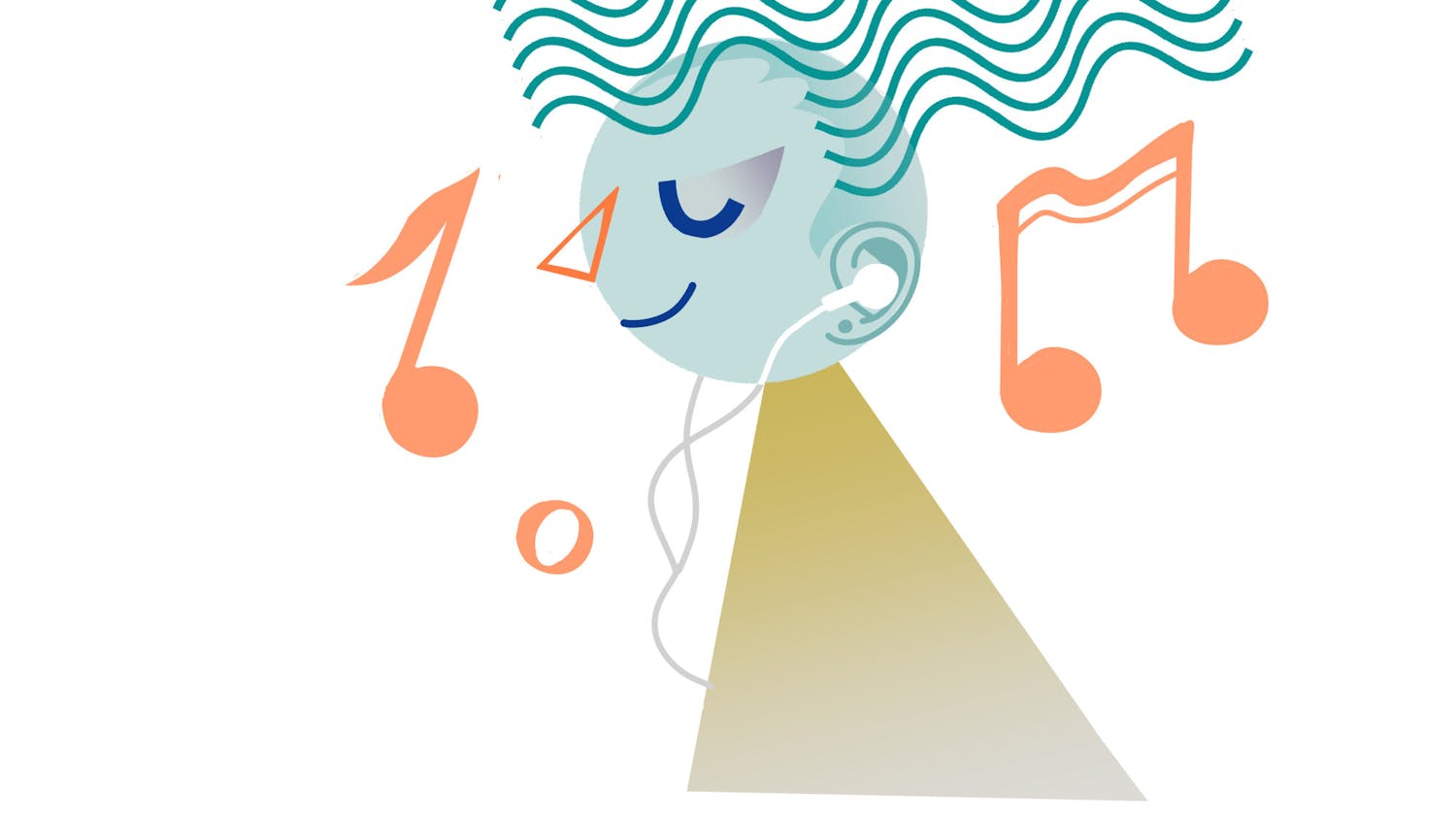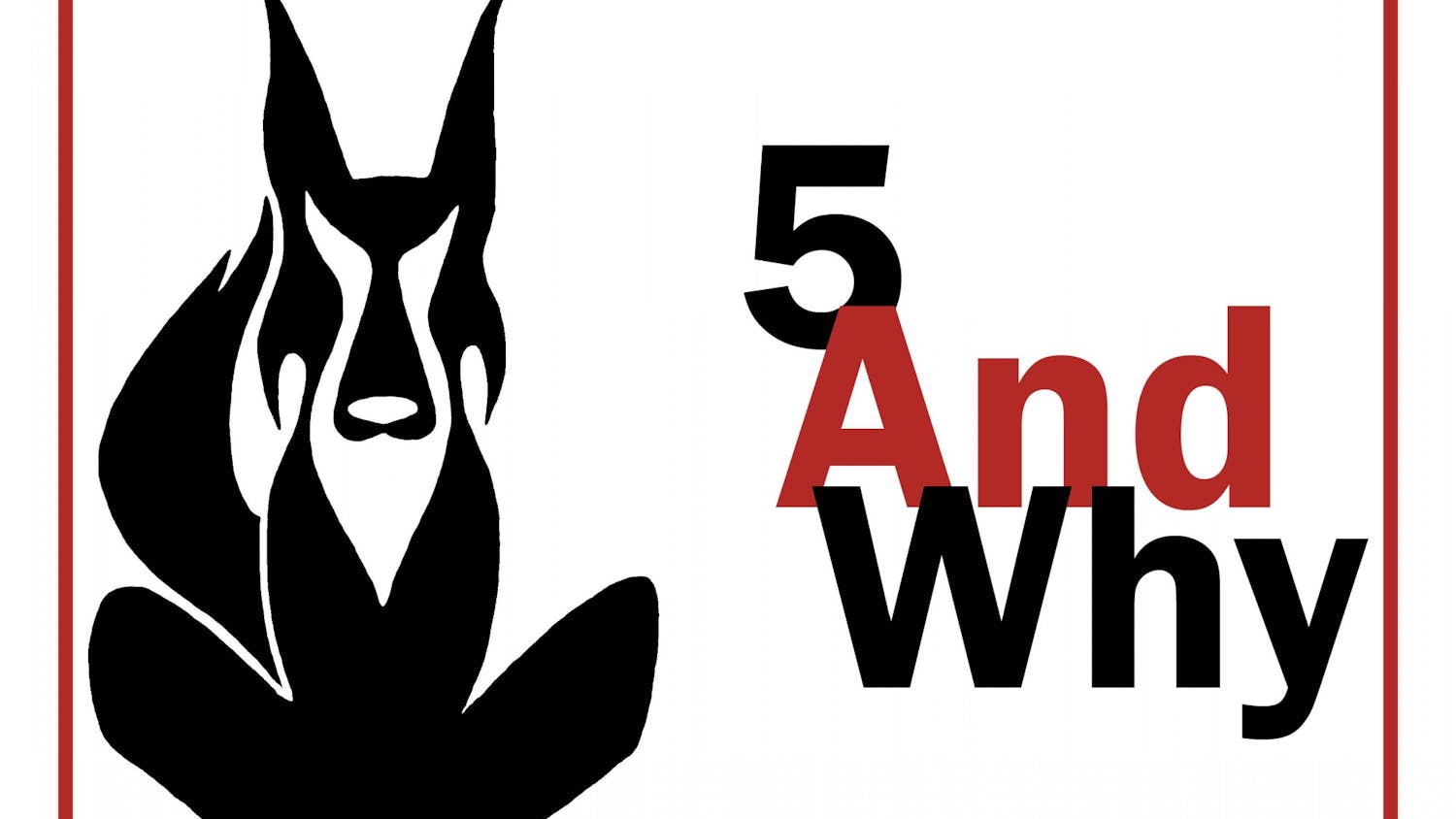The UNM Law School will host an exhibition, “Lawyers Without Rights: Jewish Lawyers in Germany under the Third Reich,” beginning this Tuesday through mid-March. Dickason Chair and UNM law professor Sherri Burr will be giving a presentation on opening night on the correlations between Jewish, Black and current history.
She sat down with The Daily Lobo to discuss her role in the event, and why subjects like these should be examined.
DL: Can you tell me a little about the exhibition?
SB: The purpose of the “Lawyers Without Rights” exhibition is to tell the story of what happened to Jewish lawyers under Hitler. Immediately after Hitler came into power in 1933, he enacted laws to the detriment of Jewish lawyers and Jewish people.
In fact, one of the laws had an immediate effect on Jewish lawyers, where they were told immediately, the very next day, they would have no access to any of the courts. Jewish lawyers were half of the lawyers in Berlin and about a quarter of the attorneys in the entire country. This ban had a tremendous effect on people’s access to the legal system.
So, moving against lawyers was the first step in moving against the entire Jewish population, and in the process, he deprived a lot of German people of access to the legal system.
DL: Can you tell me a bit about your family history concerning slavery and how it will play a role in your presentation?
SB: My fourth great-grandfather was liberated from slavery in 1787, by a deed signed by a Virginia planter. My ancestor was two years old at the time, and according to the rules, you couldn’t free a child without freeing his parents, so his parents were freed as well. There were about 50 people who were freed in the grouping. Many took up professions.
This fourth great-grandfather became a blacksmith, which was one of the most highly prized skill professions in Virginia at the time, and saved his money. He bought farmland. After he died, the farmland was sold and the proceeds were distributed among his wife and children, including my third great-grandmother. They bought their own property.
It was interesting to see that this freeing of one family would lead to generations of property holders and business creators in my line. When I bought my home, I became an eighth-generation property holder in this country. Also, my great-great grandfather fought in the Union. He joined as a 16-year-old out of Petersburg, Virginia to help, liberate other slaves.
Get content from The Daily Lobo delivered to your inbox
DL: This presentation is occurring near the anniversary of the Holocaust, during Black History Month, as well as during a particularly tense sociopolitical climate in America. Why is a presentation like yours unique and necessary at this time?
SB: We started planning this exhibition and presentation several months ago and could have never predicted at that time that we would be in a situation where a new president would issue a Holocaust Remembrance Edict that didn’t mention Jews.
That was unpredictable because presidents always mentions the six million Jews who lost their lives on Holocaust Remembrance Day. We know, of course, that other people died in these concentration camps — such as gypsies and captured African-American prisoners of war-- but the systematic slaughter of the Jews is an important part of why we have a Holocaust Remembrance Day.
On Holocaust Remembrance Day, the new administration also issued an edict banning Muslims from certain countries from entering this country. We can’t say the president’s team didn’t know it was Holocaust Remembrance Day because they signed the Holocaust Remembrance Day Edict the same day they signed the Muslim ban.
One parallel is that the administration issued the edict to take effect immediately when people were in the air flying to the United States. And this is similar to what Hitler did in regard to the edict banning Jewish lawyers from going to court. They were barred the very next day. People didn’t have enough time to prepare back in 1933 and today to these unexpected regulations.
In studying what happened to the free blacks of Virginia, communication took a lot longer. If the government issued a rule, it could be months before it was effective. Unlike today, when you issue a rule, you put it out on social media and the internet for immediate effect. I think attending this presentation is a way to help people think about the parallels of history.
Notice the spiraling of bad behavior that happens. The Nazis issue an edict banning Jewish lawyers going to court and a decade later they slaughter all Jews in large numbers. We want to study history, so we don’t repeat its mistakes.
DL: Is there anything else you would like the UNM community to know?
SB: I think by reading these stories, it will help people think about what’s going on today and why we should be concerned about something like a Muslim ban because it targets a particular group.
My presentation is about defining others, because this is a problem. When you have governments define a particular group in a particular way, the next thing you know they’re stripping them of their rights.
So, I hope that people will take a look at the exhibition and think about why it is not okay to define any group in a way that allows a government to strip them of their rights.
Elizabeth Sanchez is a news reporter for the Daily Lobo. She can be reached at news@dailylobo.com or on Twitter @Beth_A_Sanchez.






